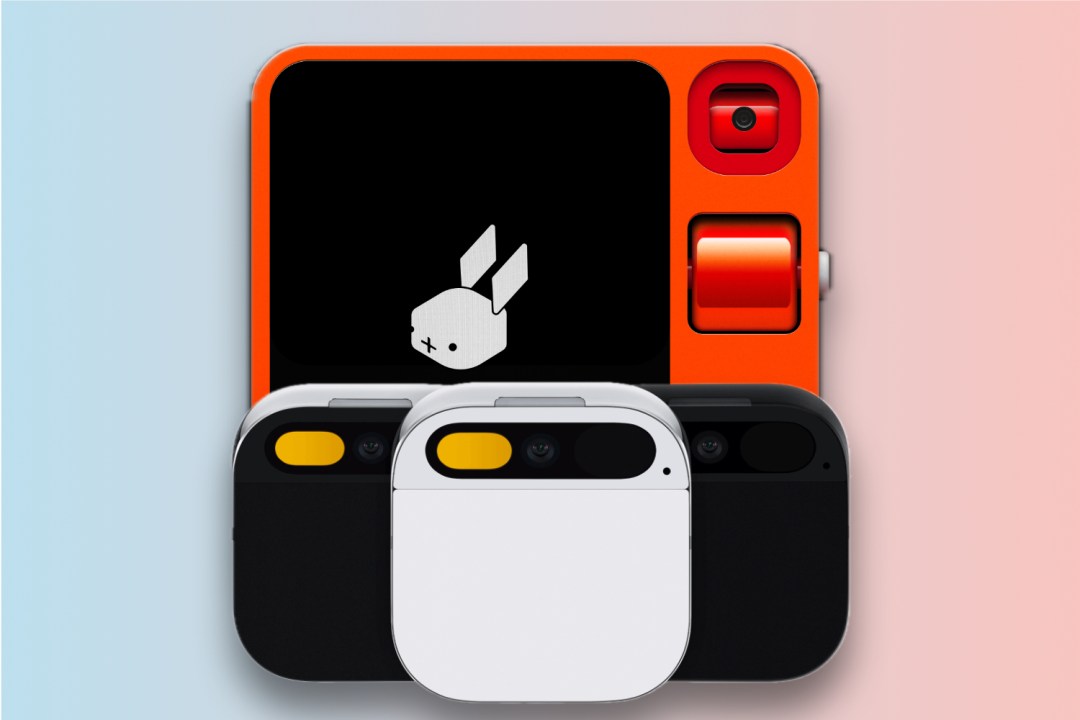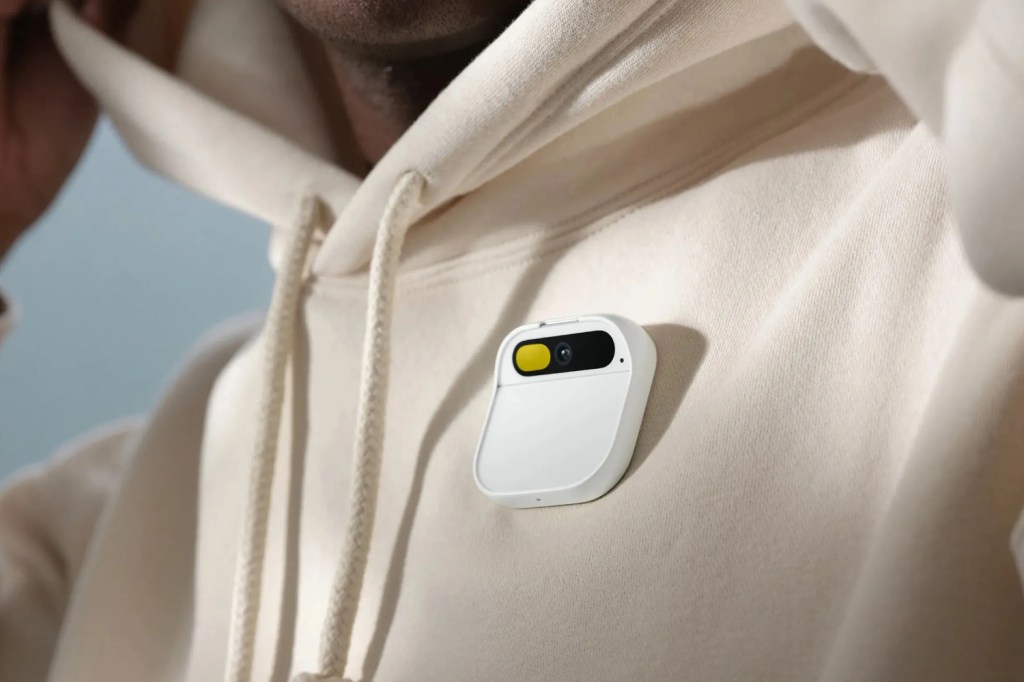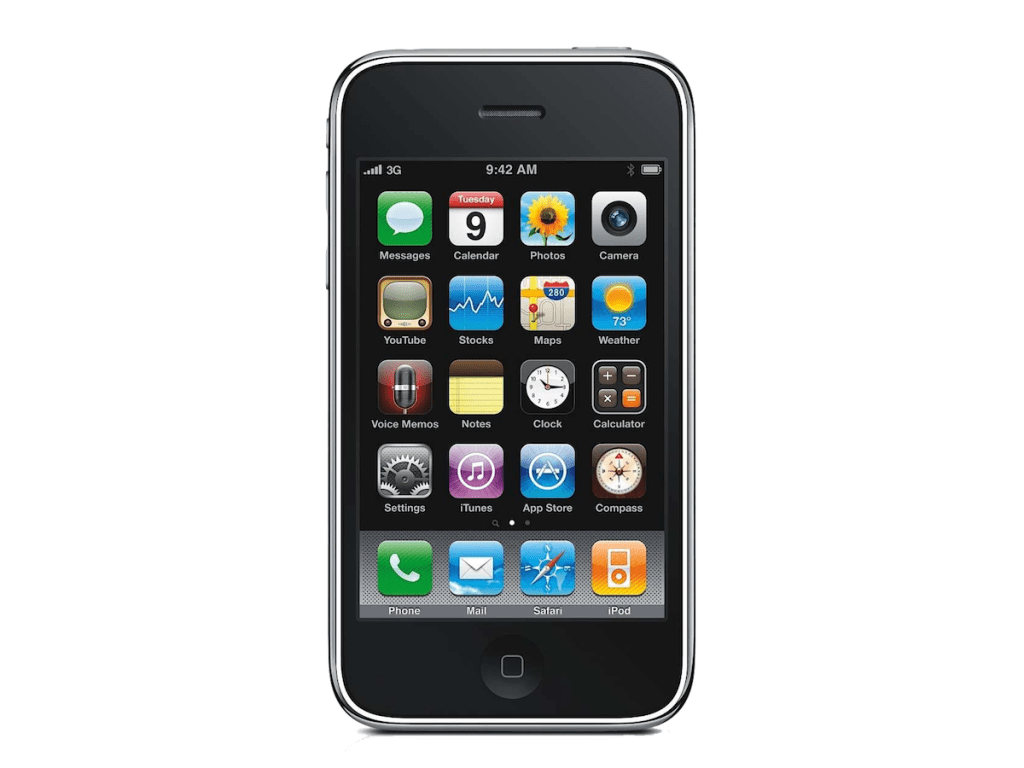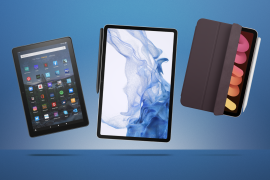We need to talk about AI hardware: should these things just be apps?
With AI hardware device like the Humane Ai Pin and Rabbit R1 launched, we need to talk about whether they should just be apps

We need to talk about AI hardware. If you find yourself asking what that even is, you’re probably not alone. It’s a new category of devices that have only started being released this year. They’re physical hardware devices that totally rely on AI. Some are pegged as an addition to the top smartphones, others as a replacement. A few examples have hit the shelves, such as the Humane Ai Pin and Rabbit R1. But there are a number of others in the works, including pendants that listen to all your conversations. Yes, really.
Now that they’ve started to arrive, people’s reactions have been… well, not good. And honestly, I’m in that camp. There’s a lot of nuance behind what these things should be, but there’s one burning question: should they just be apps?
Should these AI hardware devices even exist?
This is a complicated question. First of all, it’s important to applaud these companies for trying something new. I spent a good few years working with a startup on an app trying to compete with LinkedIn, Indeed, and the likes. So I know a thing or two about working on something new, and trying to go against bigger players. And there are some similarities with what these AI hardware companies are doing.
But I’m not sure that these AI devices need the hardware. A lot of the work is done via software, requiring you to interact with the AI. And that could be done from the device that’s already in your pocket. You know, that infinitely more powerful device. So why can’t it live on your smartphone?
Well it turns out, they could. A tipster sent a reverse-engineered APK of the Rabbit R1’s software to Android Authority. They managed to get about 80% of the functionality working on an Android smartphone – the Pixel 6a. That’s because the Rabbit could just be an app. Now there’s some more complicated stuff going on in the cloud, which is where the LLM and LAM models live. But the interaction to these models is done through software. Which is why it could simply exist on your phone.
Now, the Rabbit folk pegged the device as something that wants to change how you interact with your smartphone and apps. So that’s their reason for putting their tech in a separate bit of AI hardware. But it doesn’t need to be. Remember Juicero? They were selling these juicers that had “special tech” to squeeze out juice pouches for hundreds of dollars. But you could squeeze them by hand.
That feels very similar to these AI hardware devices. The Rabbit R1 could do the “squeezing” of the AI models for you. But you could do it yourself on your phone. Which is perhaps why these devices are so questionable, as they promise to do lots more.
Broken promises
During the launch events for both of these devices, the companies behind them pegged them as revolutionary. Humane specifically said that it wants the Ai Pin to replace your smartphone. And Rabbit said that the R1 would change how you interact your phone, meaning you don’t need to interact with your smartphone as much. That’s a nice vision, and I’m all for that. But these devices can’t live up to these promises.
The Rabbit R1 has four apps available at the time of shipping, and the Humane Ai Pin only works with two. It’s a far cry of the promised functionality, and it’s almost insulting to try to pass it off to customers as so. These companies are quick to jump to their defence, claiming that they’re working on development and want to “ship fast”. And I understand that mentality – but there’s a time and place.

Customers weren’t told that they were buying what is essentially a development device. Something that isn’t what they were sold. Something that would only work as advertised months after it arrives. And I think that’s why customers and onlookers aren’t happy. You’re buying something that doesn’t work as you’re told it will. Which is even more concerning when you have to pre-order these devices, before you can see that you’re getting something half-baked.
Some angry supporters of Humane and Rabbit are quick to defend AI hardware. They can cite similarities to other products, such as the first iPhone. It’s nowhere near what the tech can do today, and if it didn’t get the chance to develop, we wouldn’t have arrived at where we are today. But Steve Jobs never promised the functionality of the latest iPhone 15 Pro Max when it first launched – he sold it as it was. Customers knew what they were getting.

Perhaps most irking of all is the price of these devices. Humane wants $799 and a $24 per month subscription to use the Ai Pin. And Rabbit asks for a more reasonable $199. But both of these devices are expensive for everyday consumers. Especially to take a bet on something getting better over time. You can buy plenty of budget smartphones for less than $200 that can do a lot more. And, ironically, could run the Rabbit or Humane apps.
Where do we go from here?
I feel like we’re left in some uncertainty. Launching these products before they’re ready to do as they promised is not ideal for consumers. They’re not getting what they bought. Especially when the software could be on their smartphone. Or if you don’t want to use your handset, put the apps on a smartwatch.
But I don’t think this should be the end of AI hardware. Imagine a combination of the two devices, where you can control Rabbit’s LAMs from a screenless device such as the Ai Pin. That’s where we could end up, and these AI hardware companies need to develop to get there. And a large part of this development requires users, to better train the models.
Which is fine. But something needs to change. Humane, Rabbit, and whoever comes next can’t sell these devices as fully fledged when they’re only half baked. Slash the price. Inform consumers it’s a development device. And you know what you’ll find? The customers really excited about your product will only want to get involved even more.
But if we keep going as we are? It’s going to turn off everyone from the possibility of AI hardware. These companies’ ignorance could lead to their own downfall.
- Related: Humane’s AI Pin won’t replace your smartphone – but I think phones should steal its best ideas


